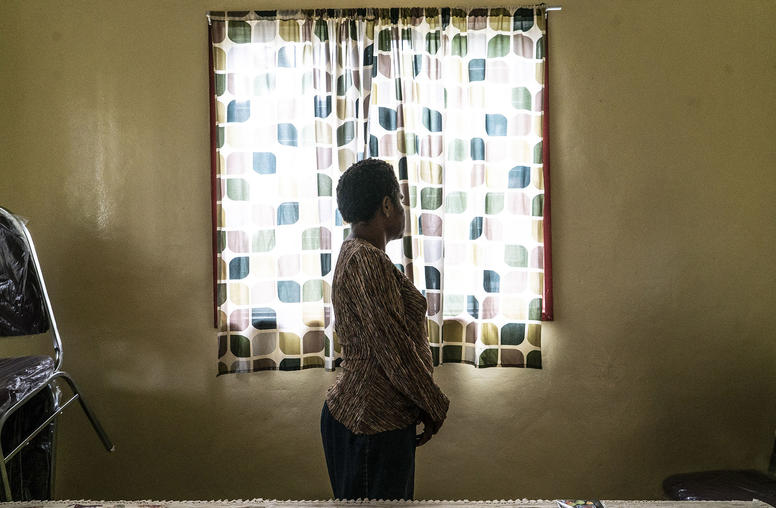Women, Peace, and Security: Fulfilling the Vision of 1325
USIP conducted a working meeting to discuss the ten year anniversary of U.N. Security Council Resolution 1325, which focused on women's leadership in peacemaking and conflict prevention. Panelists discussed its history, lessons and experiences of the last ten years, why it is still relevant, and how to move forward implementing its vision.
USIP conducted a working meeting to discuss the ten year anniversary of U.N. Security Council Resolution 1325, which focused on women's leadership in peacemaking and conflict prevention. Panelists discussed its history, lessons and experiences of the last ten years, why it is still relevant, and how to move forward implementing its vision.
Session 1: Why 1325 Matters
Speakers
- Ambassador Melanne Verveer
Office of Global Women's Issues, U.S. Department of State - Ambassador Anwarul Chowdhury
Former Under Secretary General and High Representative of the U.N. - Tara Sonenshine, Introductions
Executive Vice President, USIP - Kathleen Kuehnast, Moderator
Gender Adviser, USIP
Watch a video of Session I below
Session 2: Implementing 1325, Lessons & Experiences a Decade On
Speakers
- Victoria Holt
Deputy Assistant Secretary of State, Bureau of International Organization Affairs,
U.S. Department of State - Donald Steinberg
Deputy President, International Crisis Group (ICG) - Sanam Anderlini
Executive Director, ICAN - Jolynn Shoemaker
Executive Director, Women in International Security (WIIS) - Chantal De Jonge Oudraat, Moderator
Associate Vice President, USIP
Watch a video of Session II below
Explore Further
- Read Ambassador Anwarul Chowdhury's Indicators for Turning the 1325 Promise into Reality.
- Read Ambassador Melanne Verveer's Remarks, Critical Role of Women in Peace and Security.



